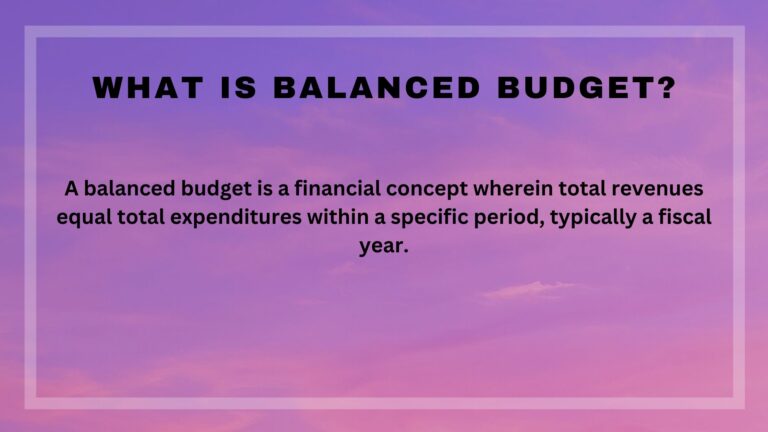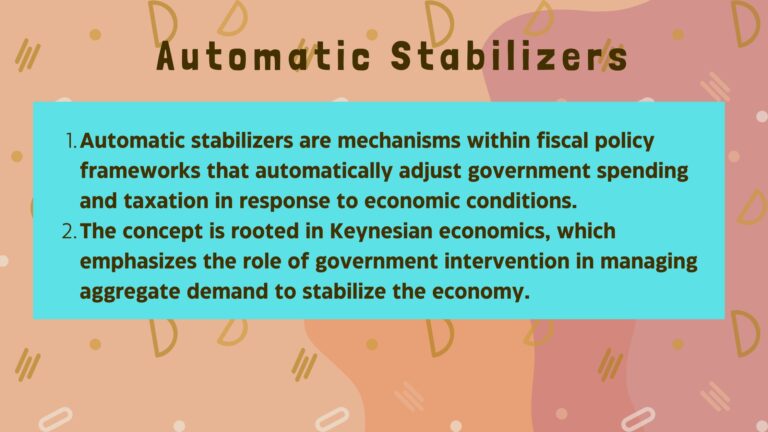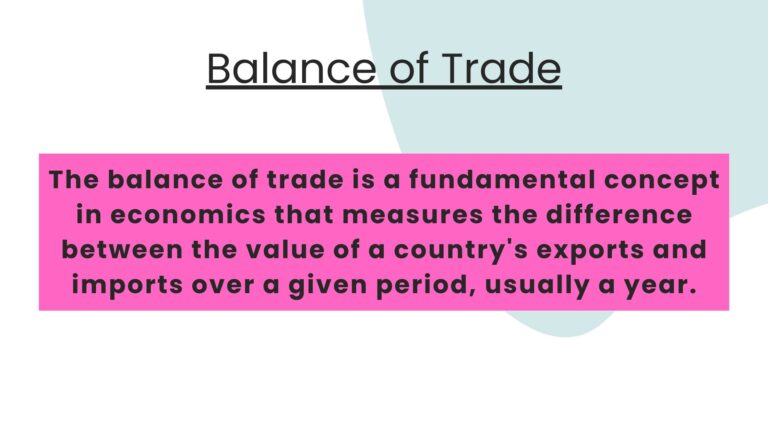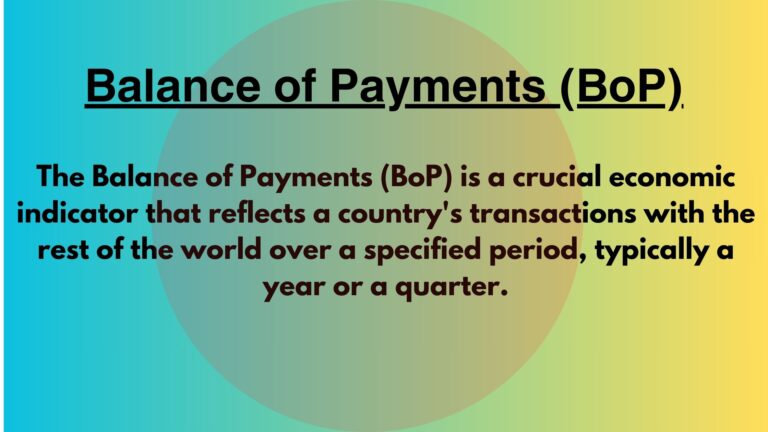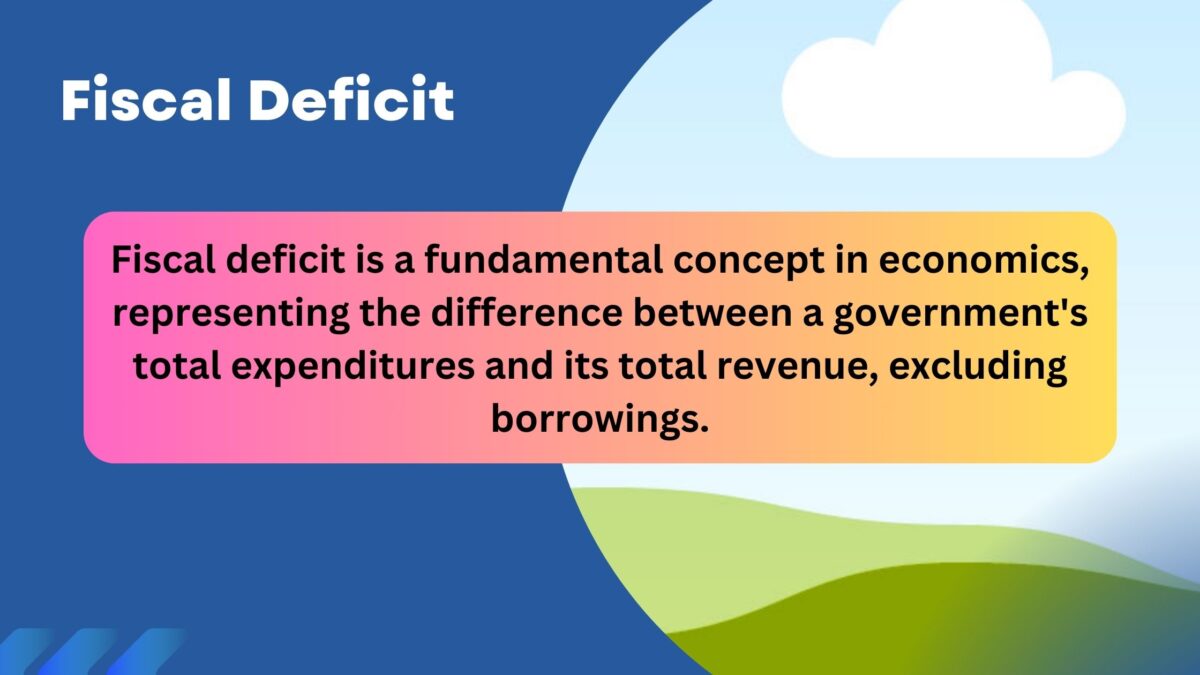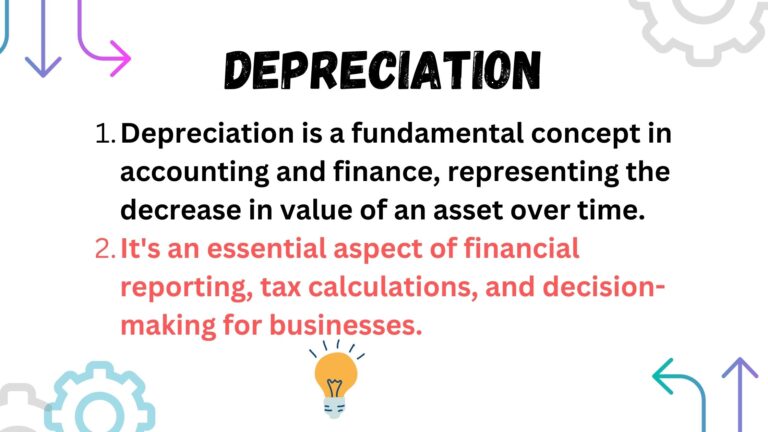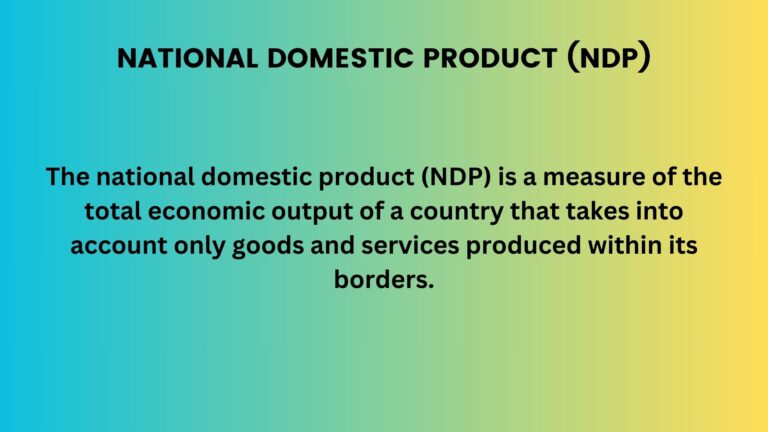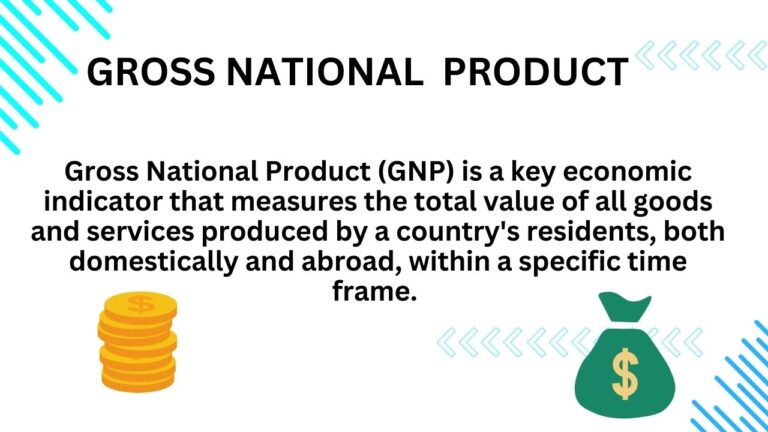Balanced Budget: Definition, Objectives and Importance (updated 2024)
A balanced budget is a financial concept wherein total revenues equal total expenditures within a specific period, typically a fiscal year. This equilibrium between income and spending ensures that a government, organization, or individual does not accumulate debt during that period. The principle of a balanced budget is foundational in fiscal management and is often…

